HPE supercomputer push continues with Aurora
The new HPE supercomputer is the ‘largest AI-capable system in the world’ and will support research into areas including neuroscience, particle physics, and pharmacology

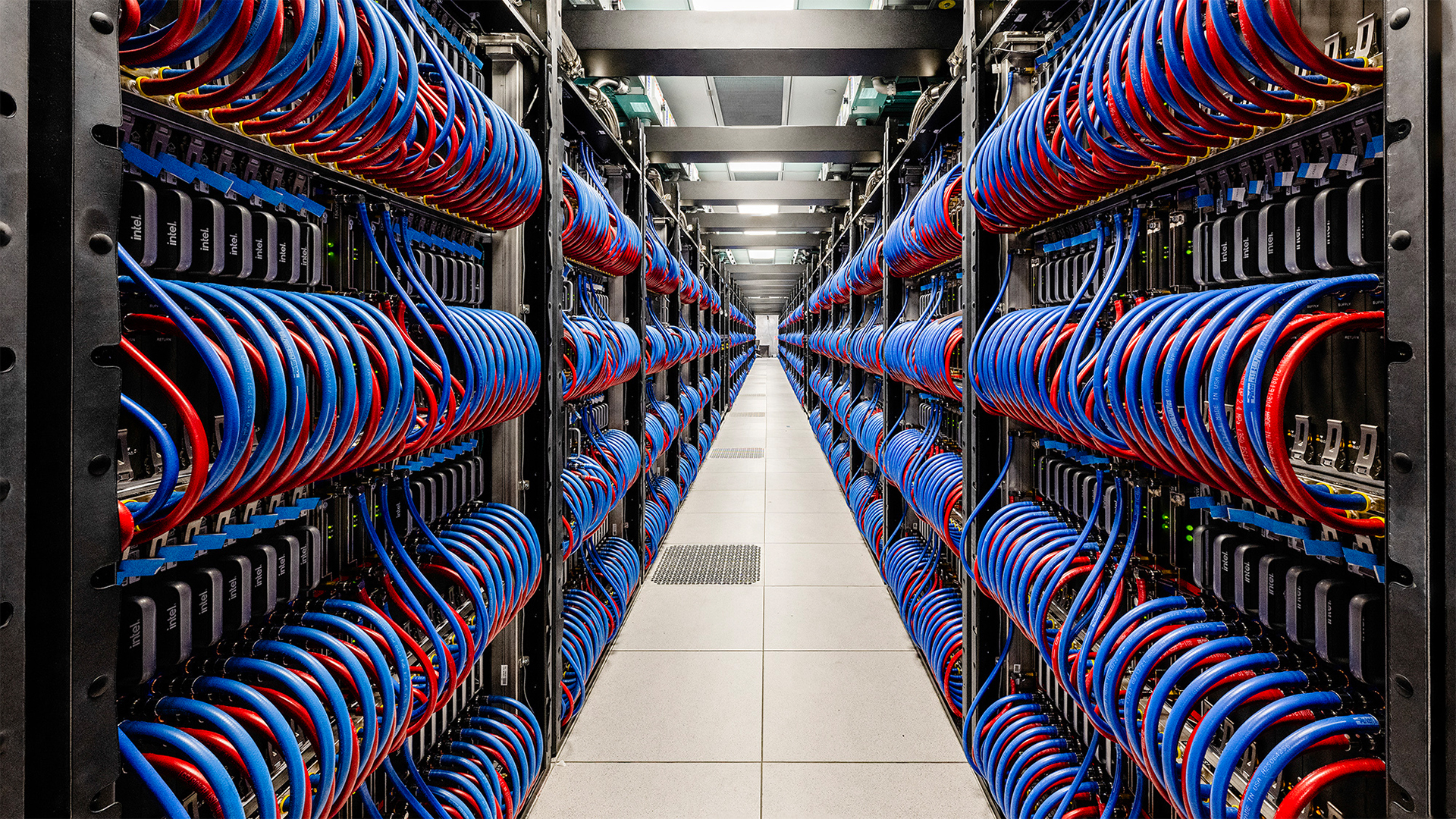
Hewlett Packard Enterprise (HPE) has powered up the latest in its AI-capable supercomputers, Aurora.
Aurora is the second exascale system delivered by the company. Having reached 1.012 exaflops on 87% of the system, is the second fastest in the world after Frontier – also created by HPE – according to Top500.
Built in collaboration with Intel for the United States Department of Energy’s Argonne National Laboratory, the system uses HPE Cray EX infrastructure and features 75,000 compute node endpoints, 2,400 storage and service network endpoints, and 5,600 switches. The 10,624 compute blades that make up Aurora also feature 21,248 Intel Xeon CPU Max Series processors and 63,744 Intel Data Center GPU Max units.
According to HPE, researchers using Aurora will be able to run generative AI models to “accelerate scientific discovery”. Early experiments run on the system include brain mapping, developing methods for detecting neutrino interactions, and fusion reactor simulations.
Rick Stevens, associate laboratory director and distinguished fellow at Argonne National Laboratory, described Aurora as a "first of its kind supercomputer" that will be a gamechanger for researchers.
"Reaching this milestone with a second exascale system in the US is an incredibly significant achievement that will advance open science initiatives globally." he said.
For HPE, AI and HPC are inseparable
High-performance computing (HPC) has been an important part of HPE’s portfolio since its acquisition of SGI almost 10 years ago and Cray in 2019. It was only last year, however, that the company really started to put it front and center in its public announcements.
Sign up today and you will receive a free copy of our Future Focus 2025 report - the leading guidance on AI, cybersecurity and other IT challenges as per 700+ senior executives
This shift has been spurred at least in part by the rise of generative AI and the company’s move to embrace it. At HPE Discover 2023, held in June last year, CEO Antonio Neri revealed HPE’s new focus, telling attendees that it had moved from being the "edge to cloud" company to "edge to cloud to AI".
RELATED WHITEPAPER

This direction of travel was underscored at the time by the release of HPE GreenLake for Large Language Models, an HPC-powered infrastructure offering that allows customers to train and deploy large-scale AI projects without having to invest in their own specialist hardware at extremely high cost.
Subsequently, it has built several AI-focused HPC offerings, including Isambard-AI, the UK’s most powerful supercomputer, Helios, Poland’s fastest system, Venado in New Mexico, and now Aurora.

Jane McCallion is Managing Editor of ITPro and ChannelPro, specializing in data centers, enterprise IT infrastructure, and cybersecurity. Before becoming Managing Editor, she held the role of Deputy Editor and, prior to that, Features Editor, managing a pool of freelance and internal writers, while continuing to specialize in enterprise IT infrastructure, and business strategy.
Prior to joining ITPro, Jane was a freelance business journalist writing as both Jane McCallion and Jane Bordenave for titles such as European CEO, World Finance, and Business Excellence Magazine.
-
 The UK AI revolution: navigating the future of the intelligent enterprise
The UK AI revolution: navigating the future of the intelligent enterpriseAs AI reshapes industries and societies, decision-makers in the UK face a critical choice: build a sovereign future or merely import it.
-
 Turning the UK AI revolution into a sovereign reality
Turning the UK AI revolution into a sovereign realityThe UK AI Revolution documentary series posed difficult questions about AI’s hype, control, and future. Now, IT leaders must find the architectural answers
-
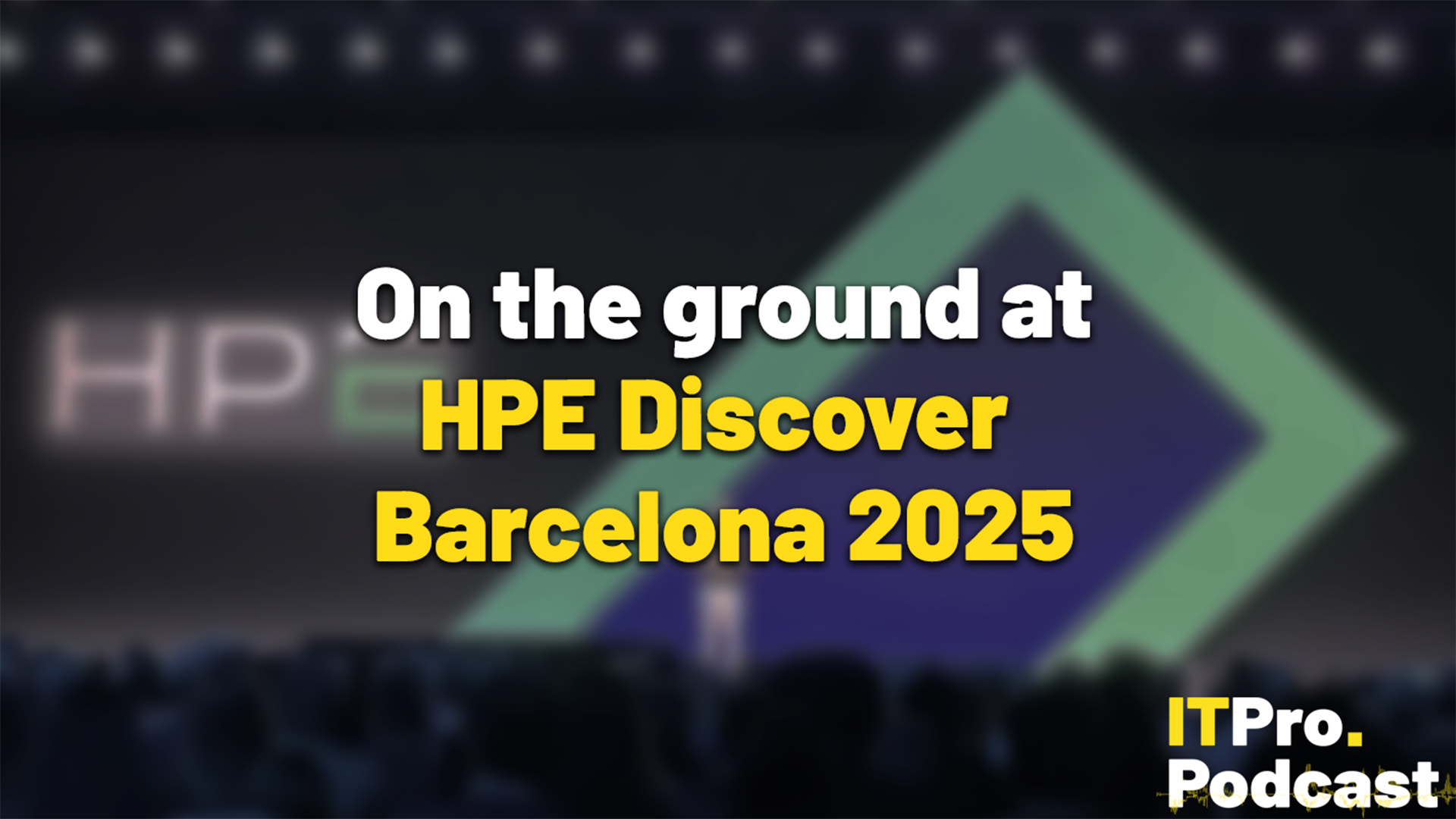 On the ground at HPE Discover Barcelona 2025
On the ground at HPE Discover Barcelona 2025ITPro Podcast This is a pivotal time for HPE, as it heralds its Juniper Networks acquisition and strengthens ties with Nvidia and AMD
-
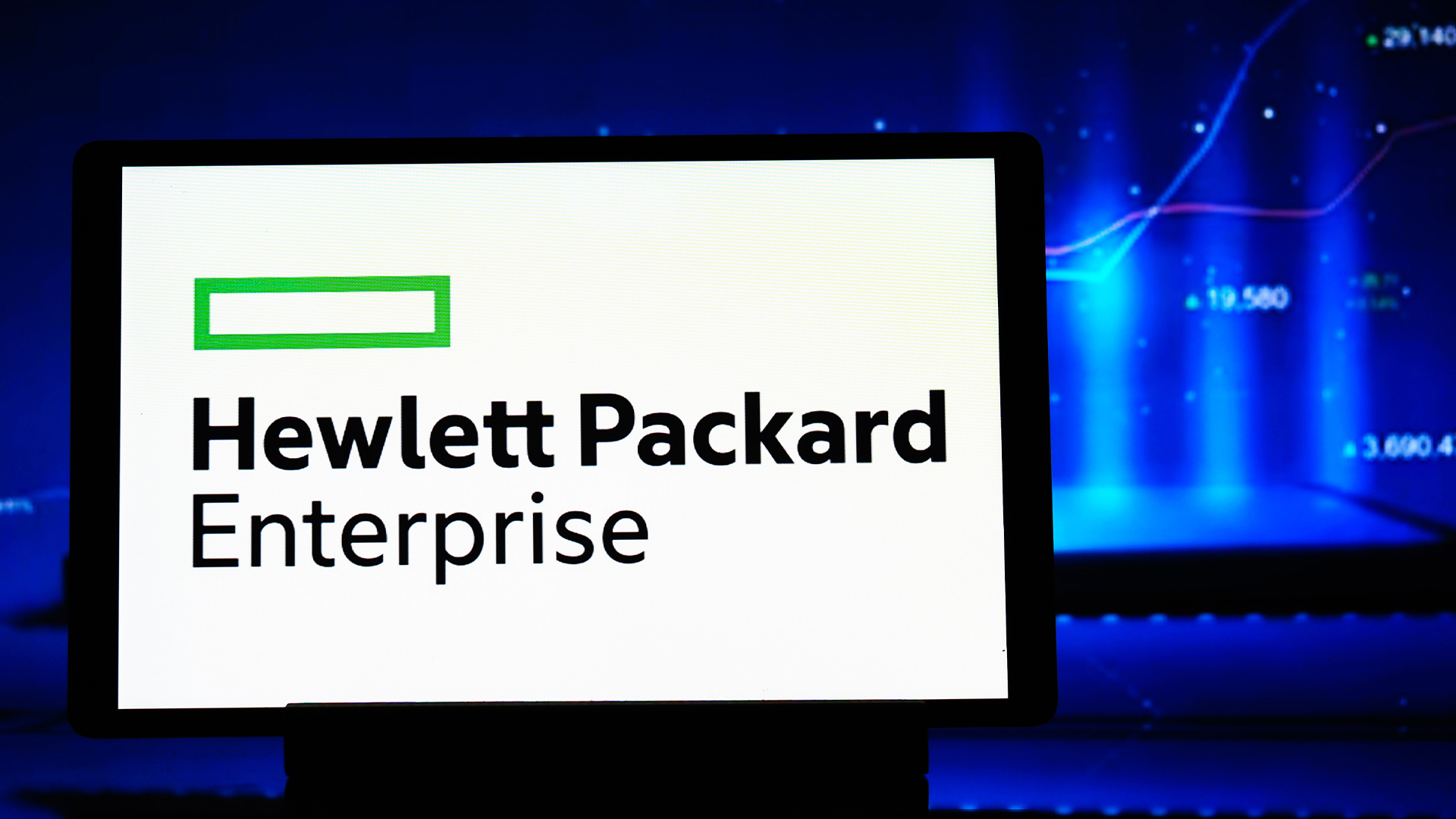 HPE promises “cross pollinated" future for Aruba and Juniper
HPE promises “cross pollinated" future for Aruba and JuniperNews Juniper Networks’ Marvis and LEM capabilities will move to Aruba Central, while client profiling and organizational insights will transfer to Mist
-
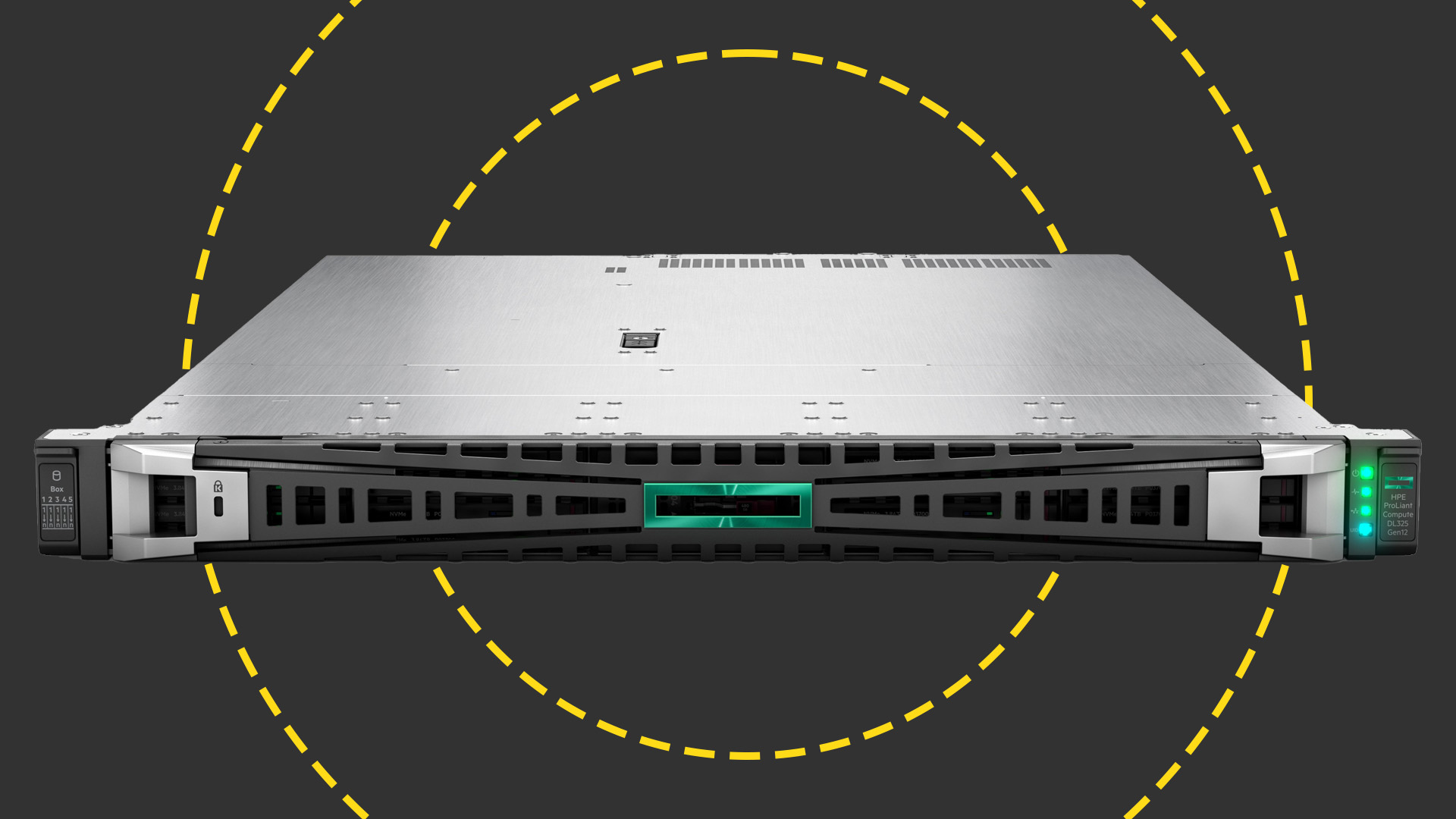 HPE ProLiant Compute DL325 Gen12 review: A deceptively small and powerful 1P rack server with a huge core count
HPE ProLiant Compute DL325 Gen12 review: A deceptively small and powerful 1P rack server with a huge core countReviews The DL325 Gen12 delivers a CPU core density and memory capacity normally reserved for expensive, power-hungry dual-socket rack servers
-
 US Department of Energy’s supercomputer shopping spree continues with Solstice and Equinox
US Department of Energy’s supercomputer shopping spree continues with Solstice and EquinoxNews The new supercomputers will use Oracle and Nvidia hardware and reside at Argonne National Laboratory
-
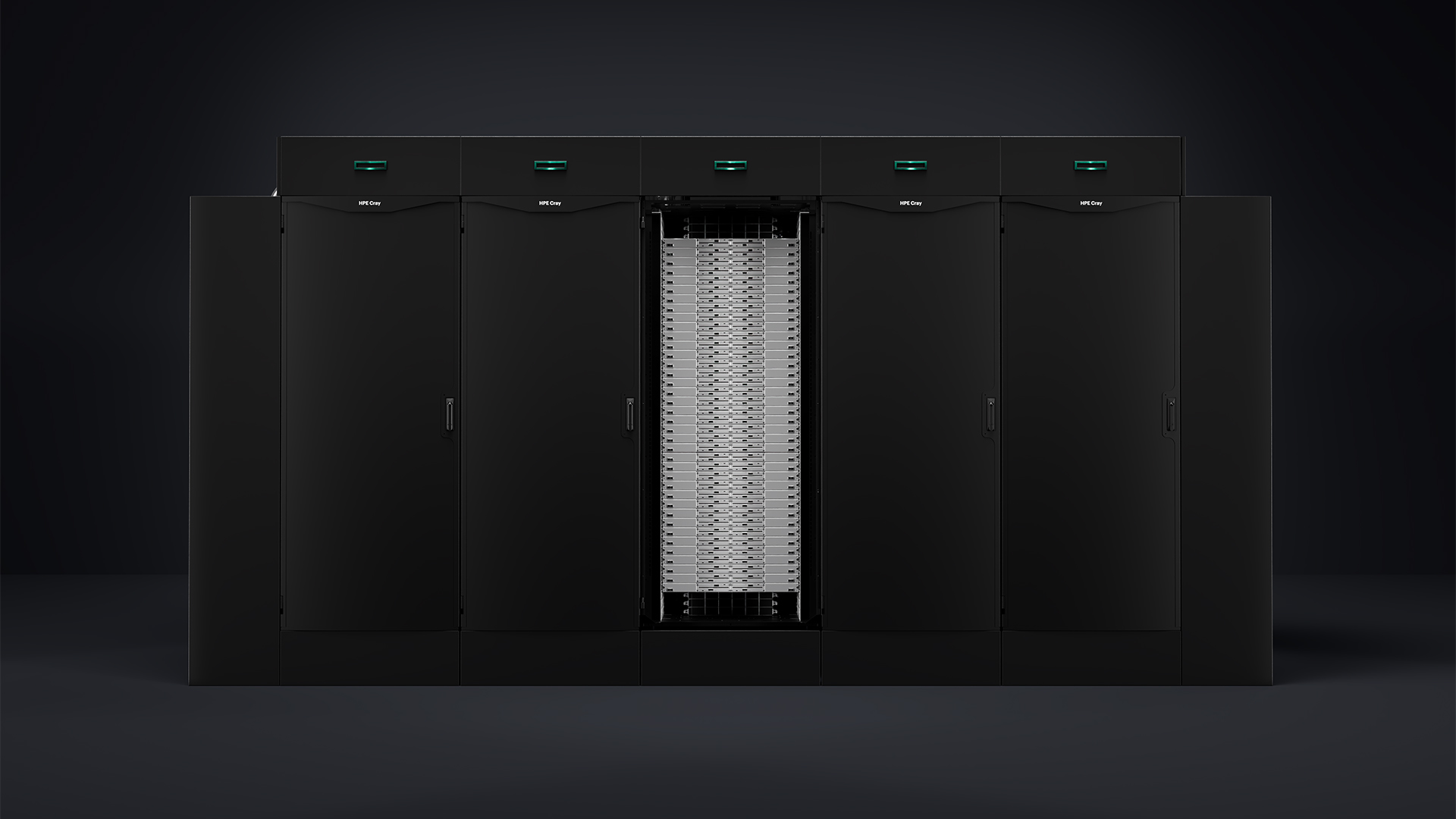 HPE's new Cray system is a pocket powerhouse
HPE's new Cray system is a pocket powerhouseNews Hewlett Packard Enterprise (HPE) has unveiled new HPC storage, liquid cooling, and supercomputing offerings ahead of SC25
-
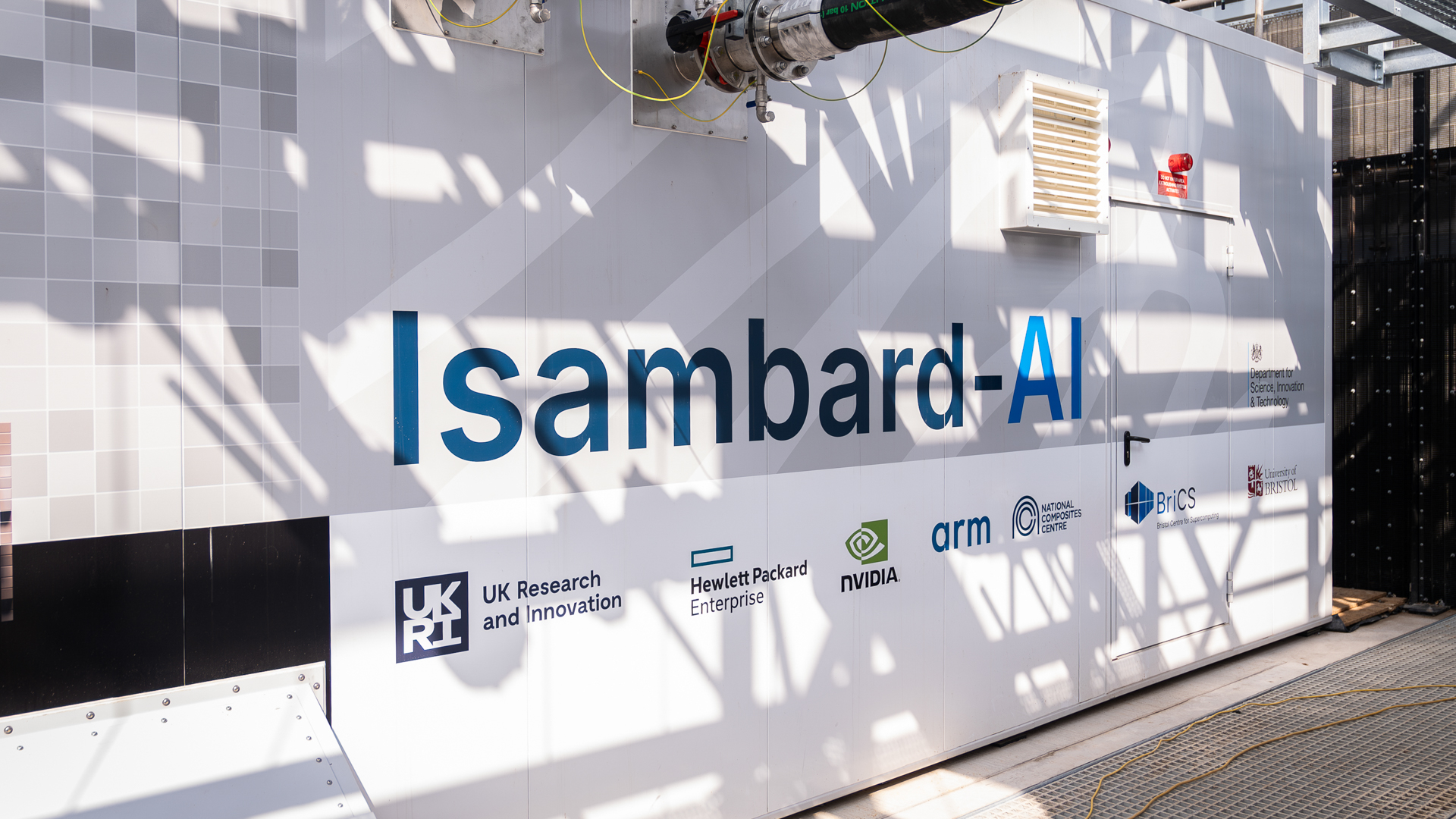 Inside Isambard-AI: The UK’s most powerful supercomputer
Inside Isambard-AI: The UK’s most powerful supercomputerLong read Now officially inaugurated, Isambard-AI is intended to revolutionize UK innovation across all areas of scientific research
-
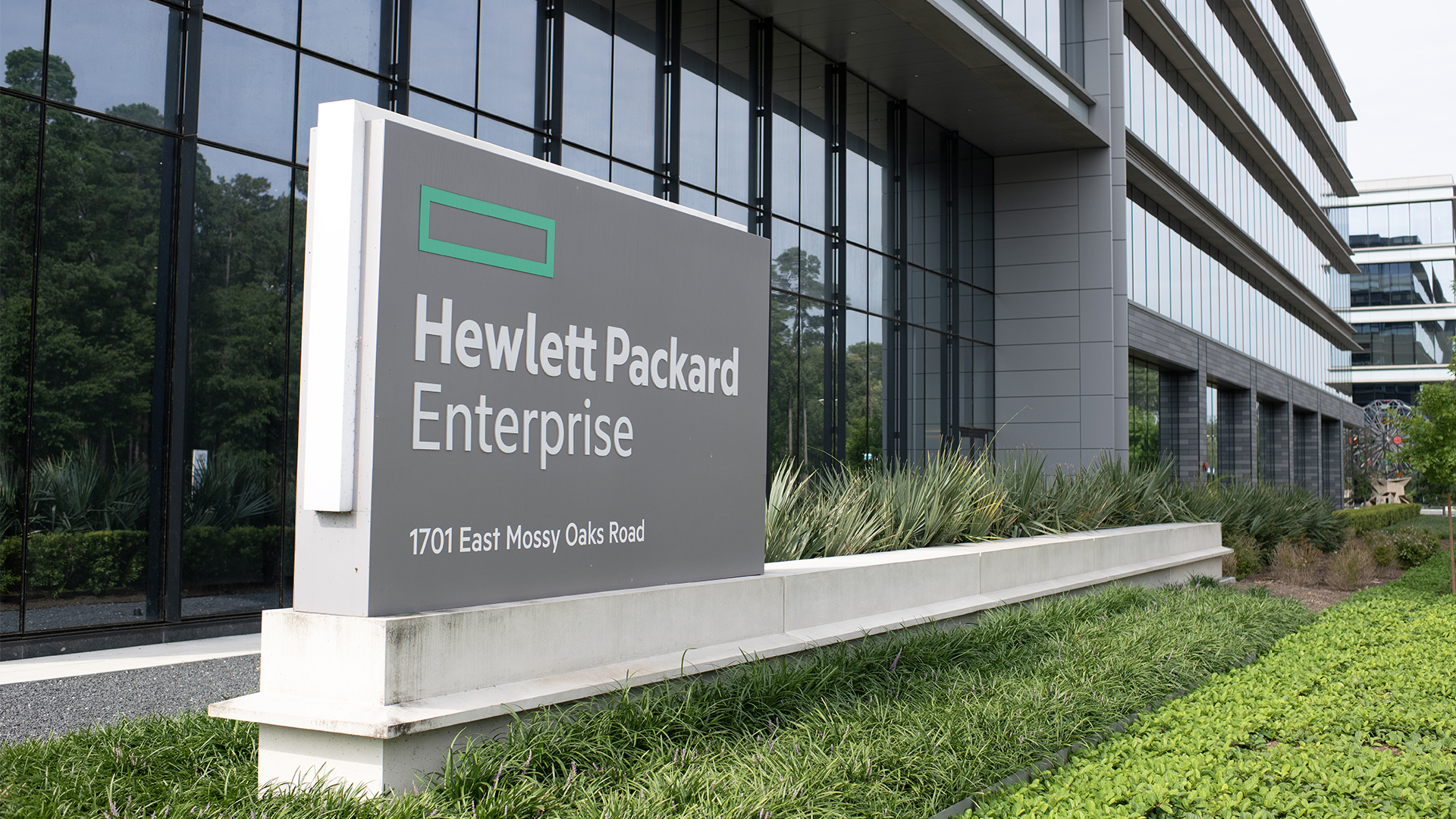 HPE forced to offload Instant On networking division and license Juniper’s AI Ops source code in DOJ settlement
HPE forced to offload Instant On networking division and license Juniper’s AI Ops source code in DOJ settlementNews HPE will be required to make concessions to push the deal through, including divesting its ‘Instant On’ wireless networking division within 180 days.
-
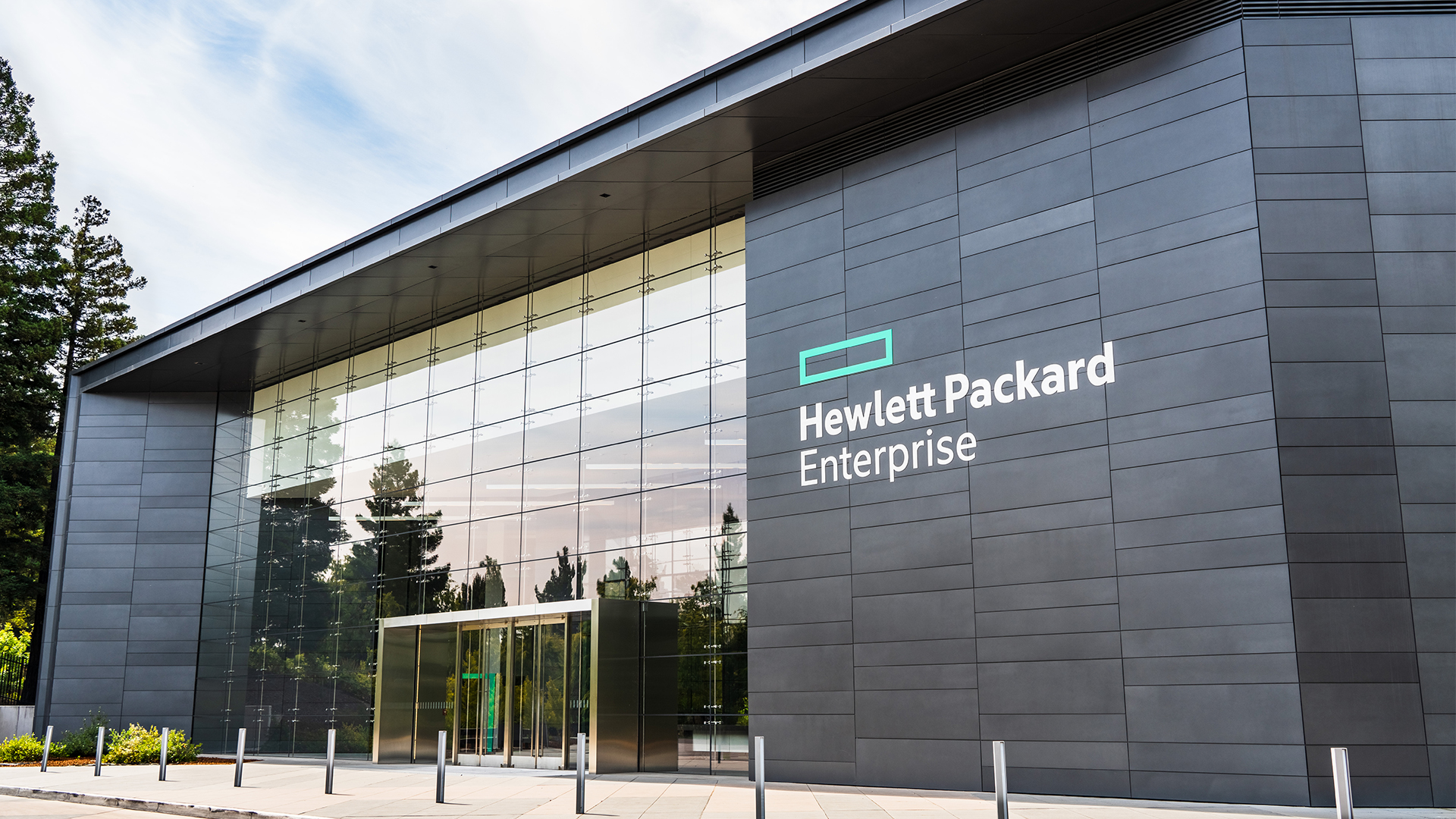 HPE eyes enterprise data sovereignty gains with Aruba Networking Central expansion
HPE eyes enterprise data sovereignty gains with Aruba Networking Central expansionNews HPE has announced a sweeping expansion of its Aruba Networking Central platform, offering users a raft of new features focused on driving security and data sovereignty.